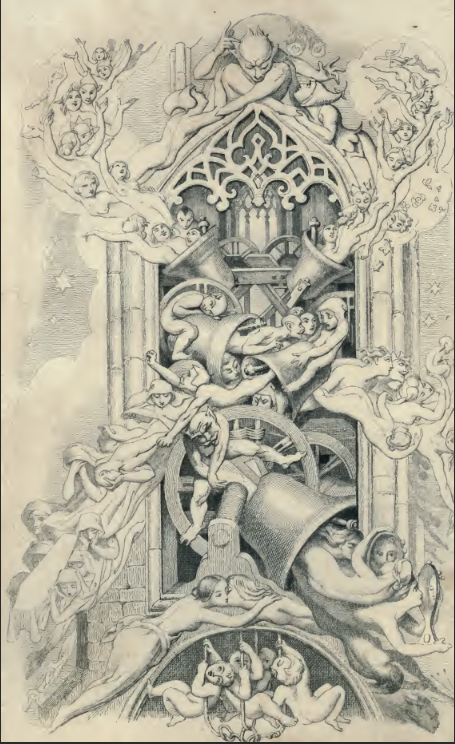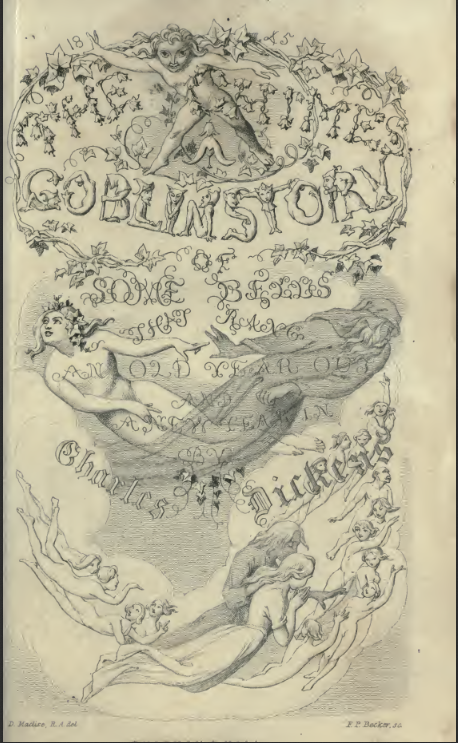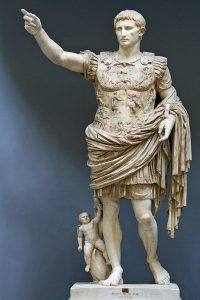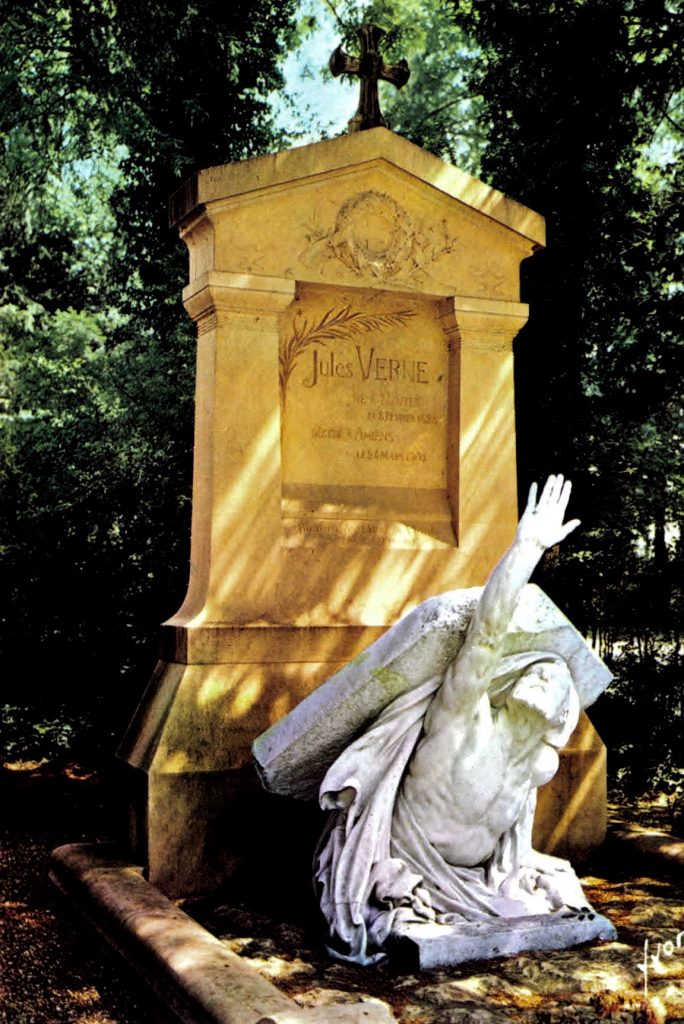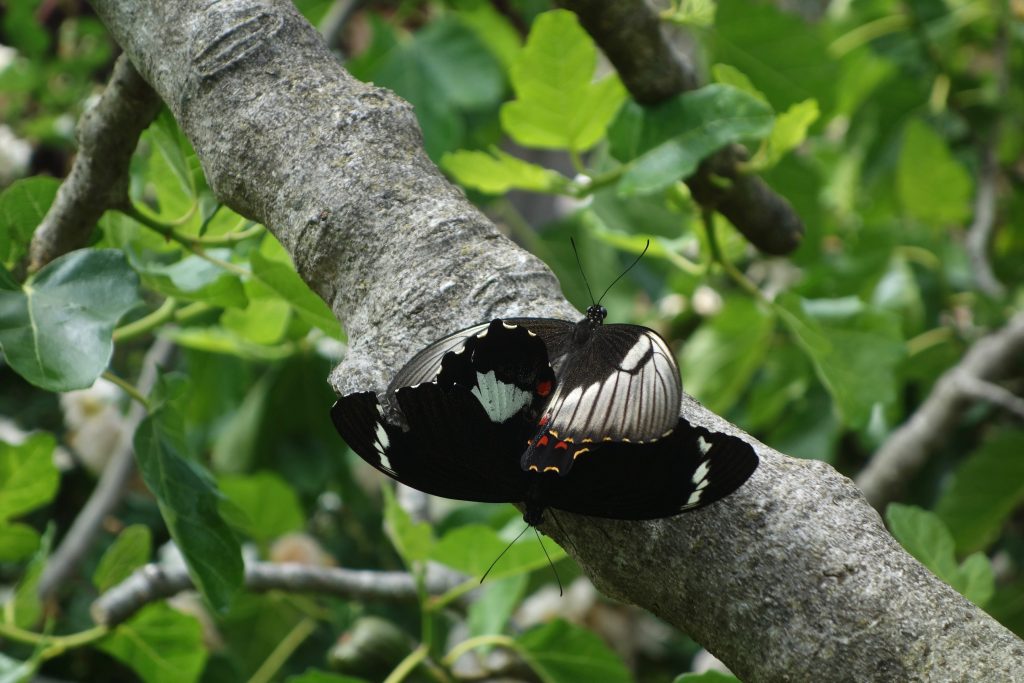Two prostitutes came to the king and stood before him.
First line of the story ‘Solomon’s Wise Judgement’, 1 Kings 3:16
The lowest of the low approach the highest of the high. It’s an extraordinary situation evoked by concise, simple language. I try to imagine two prostitutes approaching Queen Elizabeth and demanding a hearing, but I’ve immediately restricted the meaning to my own experience, and, voilà, the opening line has hooked me in. (A little research later reveals that ancient Eastern monarchs often sat in judgement at the city gates and anyone could appeal directly to them for a legal decision. But it’s too late, I’m already curious and reading on…)
This story from the second half of Chapter 3 of the first book of Kings in the Bible was frequently chosen as a subject by artists up until the 1700s, obviously drawn in by the first line!
The painting below is one of my favourites because of its Caravaggesque chiaroscuro and drama, and the emotion of each player evident on his or her face. The essence of the story: two prostitutes each have a baby boy, one accidentally smothers hers while she sleeps; she steals the other baby, claiming it’s hers. Now the women are before King Solomon, arguing over ownership of the boy. The king asks for a sword to be brought to divide the live baby in two so each woman can have half. The real mother, whose love is greater, tells him to give the other woman the baby rather than have it cut up. The child lives because of Solomon’s wisdom.

The Bible, particularly the Old Testament, abounds with stories that are short and to the point, and therefore get straight into the main idea in the first sentence. It’s a good source for great opening lines.
*

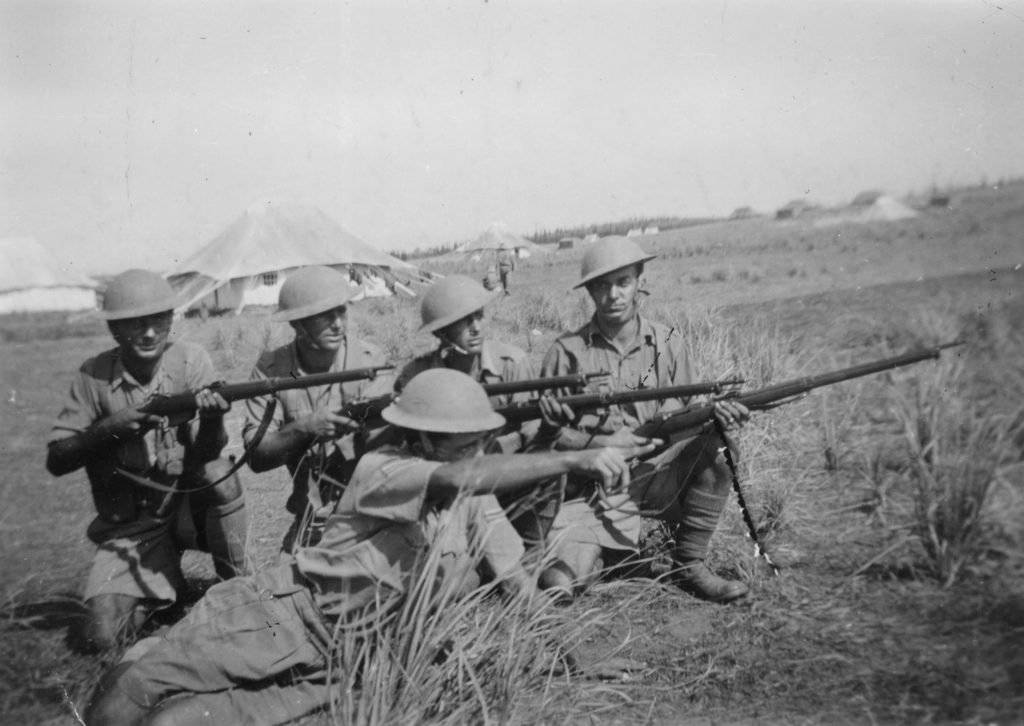


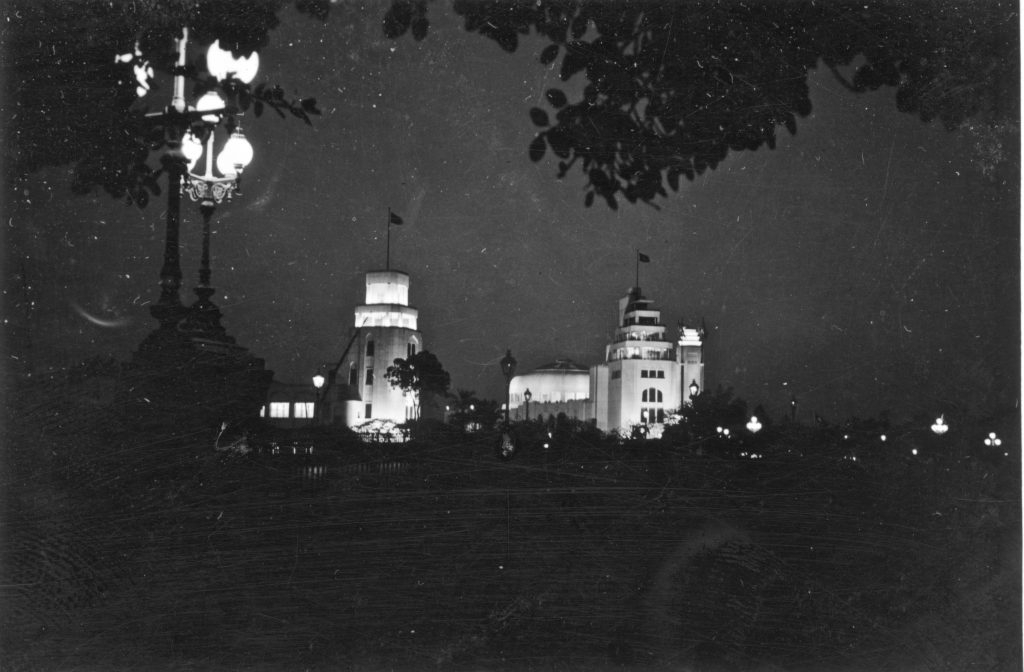
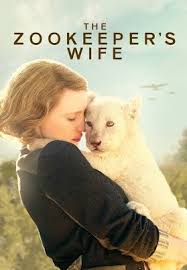 I recommend the film as well. The actress, Jessica Chastain, like the woman she plays, has an awesome affinity with animals that’s delightful to watch.
I recommend the film as well. The actress, Jessica Chastain, like the woman she plays, has an awesome affinity with animals that’s delightful to watch.